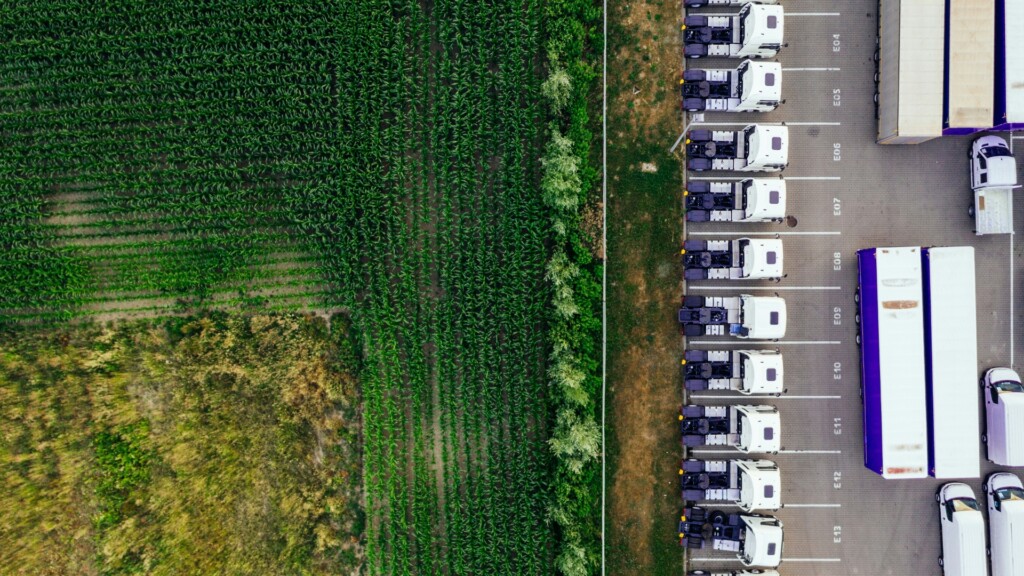A Global Footprint Network article by Alessandro Galli and its collaborators

In September 2023, Alessandro Galli—Mediterranean-MENA Program Director at the Global Footprint Network (GFN) and coordinator of the Seafood Ecological Footprint project—released an article titled EU-27 ecological footprint was primarily driven by food consumption and exceeded regional biocapacity from 2004 to 2014 in the journal Nature Food.
This article concludes 4 years of work (from research design, fundraising to publication) on assessing the environmental impacts of food systems in the EU-27 region. It was supported by the MAVA Foundation through its last grant to Global Footprint Network.
As stated Alessandro Galli on his LinkedIn account:
In the study, we show that the way food is provided to and consumed by Europeans represents the largest share of their ecological footprint at around 30 percent; upon tracking food sourcing in the EU, we also found that one quarter of food consumed in the EU-27 originates from outside the region, highlighting the vulnerability of the EU’s food system. We refer to these results to point to the need for designing, implementing and enforcing policies across each stage of the food supply chain to advance towards the EU Green Deal, the Farm to Fork strategy, and the EU Strategic Autonomy ambition.
While acknowledging that the green deal and the Farm to Fork strategy position the EU as a global leader in the transition towards more sustainable food systems and societies, we show that solely applying Farm to Fork objectives to the domestic agricultural sector will not be sufficient to meet the EU decarbonization targets and instead shifts environmental impacts to non-EU countries. For this, we argue that supply-side changes alone are likely insufficient and call for the inclusion of both nutritional and sustainability perspectives into national food-based dietary guidelines to trigger changes in food consumption and behaviour trends for the benefit of both planetary health and human health.



